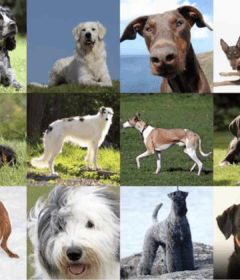Do Animals Think
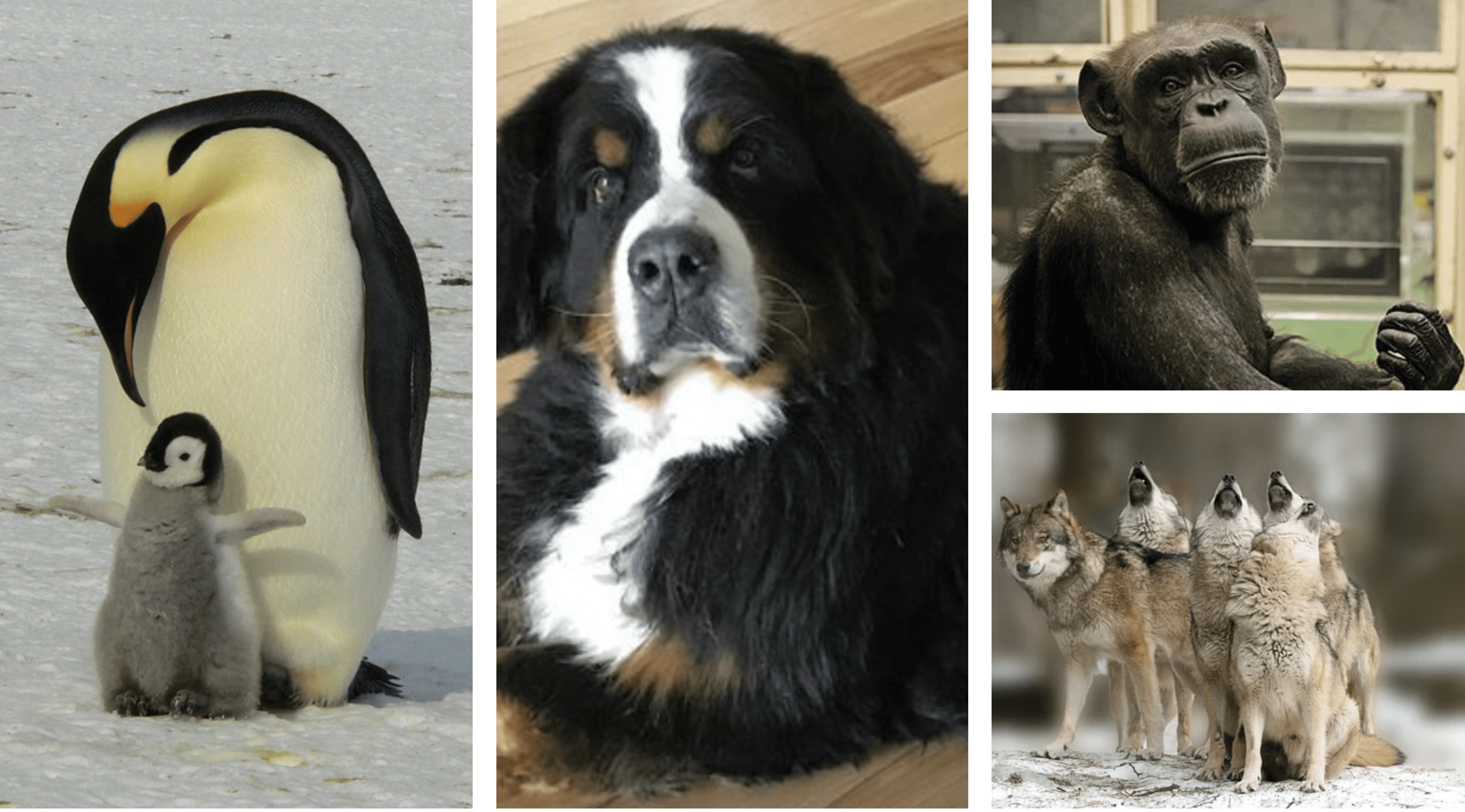
Do Animals Think – For most of human history, people have beleived that animals think.
Preindustrial cultures whose lives were intertwined with the animals in their environment almost universally regarded animals as thinking, feeling beings.
It was an obvious, commonsense truth.
That would change with the rise of classical Western thought.
Do Animals Think – Thinkers from Aristotle to Descartes denied that animals had much of anything going on in their heads.
The latter likened them to windup toys.
Do Animals Think – Not everyone felt this way; by the time Charles Darwin’s theory of evolution put Homosapiens in the same evolutionary neighborhood as the rest of the animal kingdom, the notion of thoughtful animals was fashionable again.
Do Animals Think – But the intellectual pendulum swung back, with animals regarded-by mainstream scientific convention, if not by people with cats or dogs in their own homes-as unconscious stimulus-response machines.

Do Dogs Feel Guilt?
To test whether dogs feel guilt, cognitive scientist Alexandra Horowitz designed an experiment: A person ordered his or her dog not to eat a treat and then left the room.
While they were gone, some dogs chowed down; sometimes researchers took the treats.
The dogs’ human companions didn’t know this, and on returning, they couldn’t tell if their dogs misbehaved.
Regardless of whether they’d eaten the snack, dogs mostly “looked guilty”-gaze averted, tail thumping-only when scolded.
This was hailed as evidence that dogs don’t feel guilt, though it wasn’t.
Maybe dogs do; maybe they don’t.
What the study showed was that people aren’t so good at identifying it.
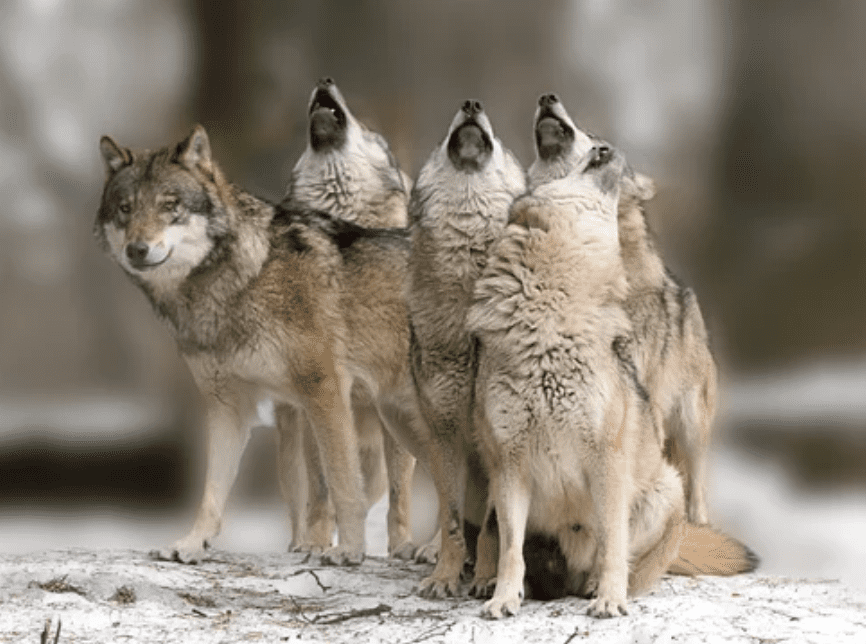
Coyote Pack
As coyotes have settled in urban areas, they’ve given us a chance to appreciate one of the few species whose family structure closely resembles our own.
Absent misfortune or food shortages, coyotes live in packs featuring an alpha pair-mom and dad, who mate for life and are the only breeders-and young from previous years, who help support the family and maintain its territory.
They communicate, often across long distances, with an information-rich system of vocalizations containing at least 11 calls.
When families are broken apart, by hunting or control programs, chaos ensues.
Previously non-breeding females have pups
of their own. Young coyotes from broken homes fight over territory.
Killing coyotes to prevent conflicts with people can end
up making conflict more likely.
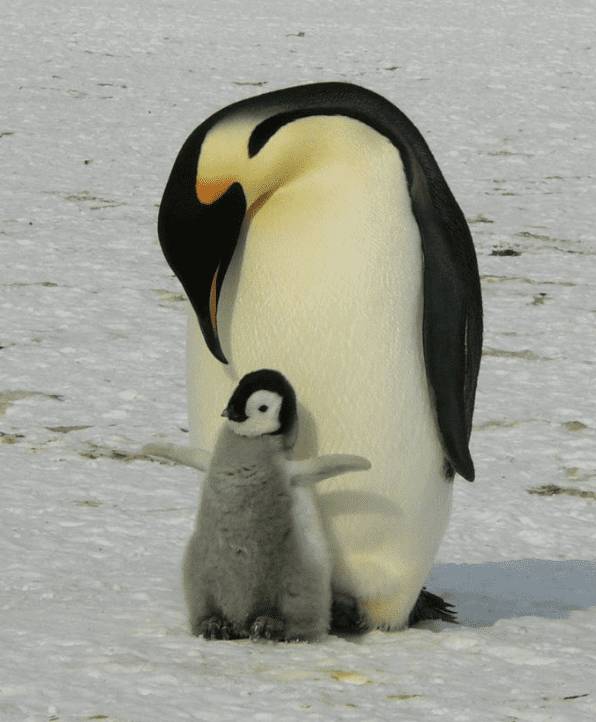
How Penguins Find Their Kids
Emperor penguins may look identical to our eyes, but they’re certainly not identical to each other.
Mates share close ties and cooperate in raising chicks-which they do without using nests, on landscapes lacking distinct features, so they can’t just meet at the usual place.
Rather, they find one another in vast crowds using individually distinct contact calls.
These are produced by a vocal structure that effectively lets them talk with two voices at once-a handy sonic trick for standing out from a colony’s din.
Adelie and gentoo penguins recognize parents in a simpler way, by vocal pitch alone.
Because they use nests, the evolutionary pressure for perceiving finer distinctions was likely not so intense.
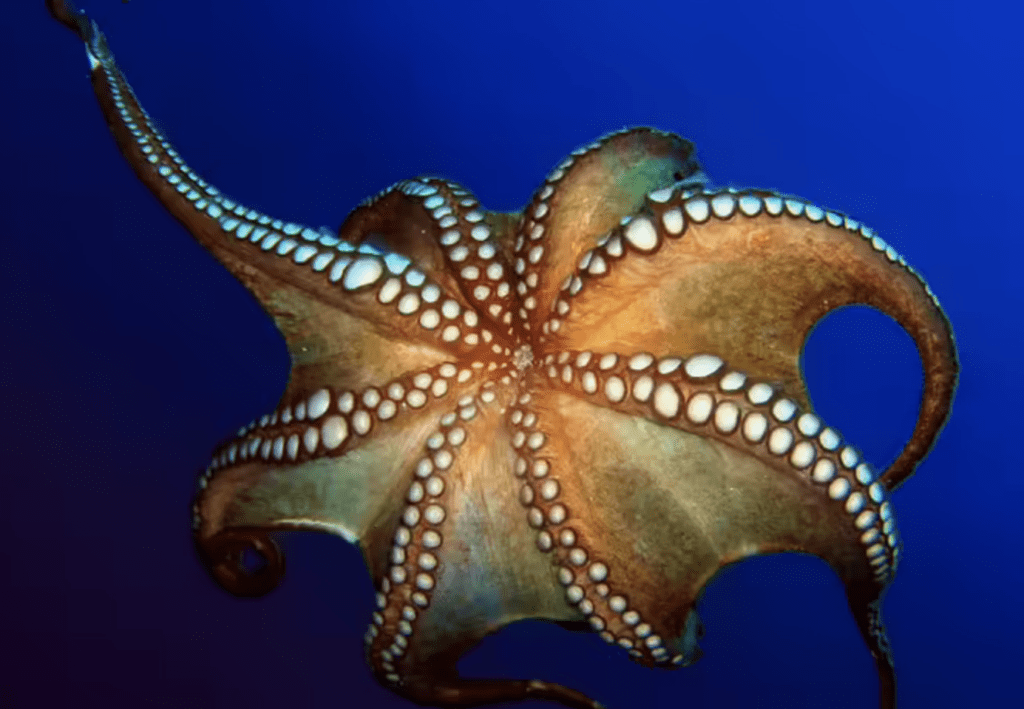
Inky the Octopus
One summer night in 2016, an octopus named Inky slipped from his tank at the Nat1onaI Aquarium of New Zealand, scuttled across the floor, and slithered down a 164-foot drainage pipe that delivered him into the Pacific Ocean and worldwide fame.
Stories of lnky’s great escape went viral.
Some implied that Inky planned his dash with freedom in mind, waiting until the humans went home and entering the pipe with a full awareness of the new life at its end.
That’s not necessarily so; he might have been driven purely by innate curiosity and the smell of seawater.
Yet octopuses are celebrated for their intelligence, and studies of closely related cuttlefish suggest that they possess of episodic memories.the what-where-when recollections that are part of mental time travel.
It’s at least possible that Inky planned his escape.
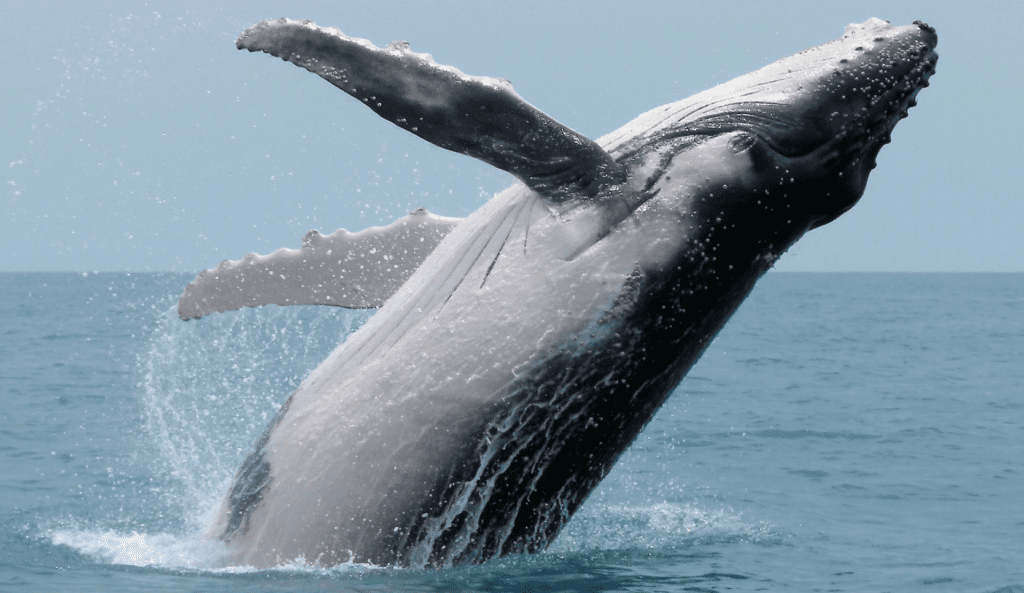
Humpback Justice
Justice applies morality to situations that don’t directly involve you.
Though animal morality isn’t thought to rise to this level, an intriguing possibility is offered by humpback whales, who regularly attacks.
Non-justice-invoking explanations exist: Orcas sometimes attack humpbacks, so maybe the whales harass them as a matter of course.
Other prey happen to benefit.
Yet instances of humpbacks pushing seals to the safety of ice floes suggest a certain sympathy, which might be instinct but could also be a moral code.
It’s plausible that humpbacks have a sense of right and wrong that applies regardless of who’s involved.
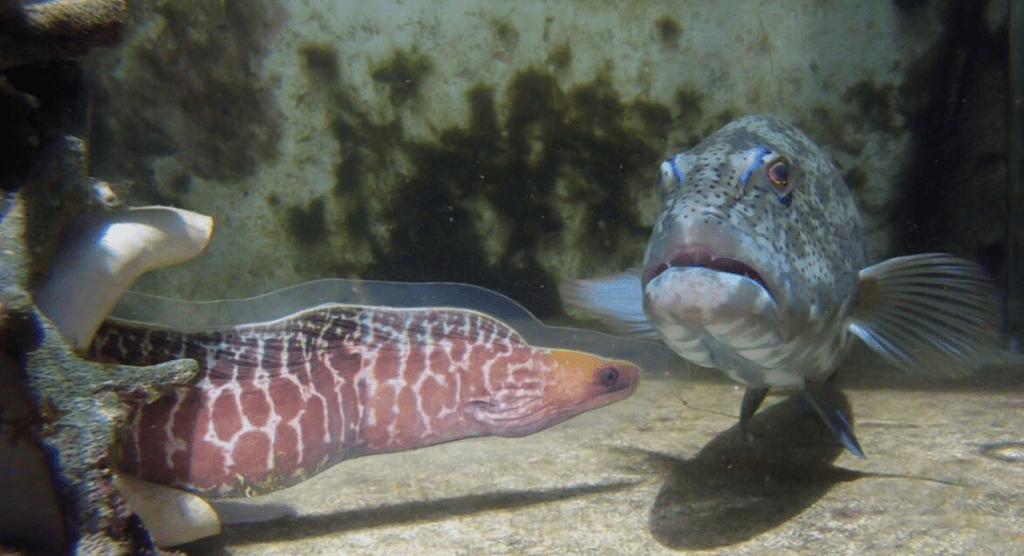
Fishy Collaboration
Even among people predisposed to notice animal intelligence, fish have received comparatively little attention-which might say less about their capacities, perhaps, than our own preconceptions and the practical difficulty of observing life in aquatic realms
Consider coral trout and coral groupers, two closely related predators found off the coast of Bermuda.
There they collaborate with moray eels to hunt, pointing with their bodies toward holes from which eels then flush prey.
Not only does that involve communicative sophistication that few researchers thought fish possessed, but the fish also considered which eels were more or less skilled hunters and planned accordingly.
That level of collaboration was previously documented only in humans and chimpanzees.
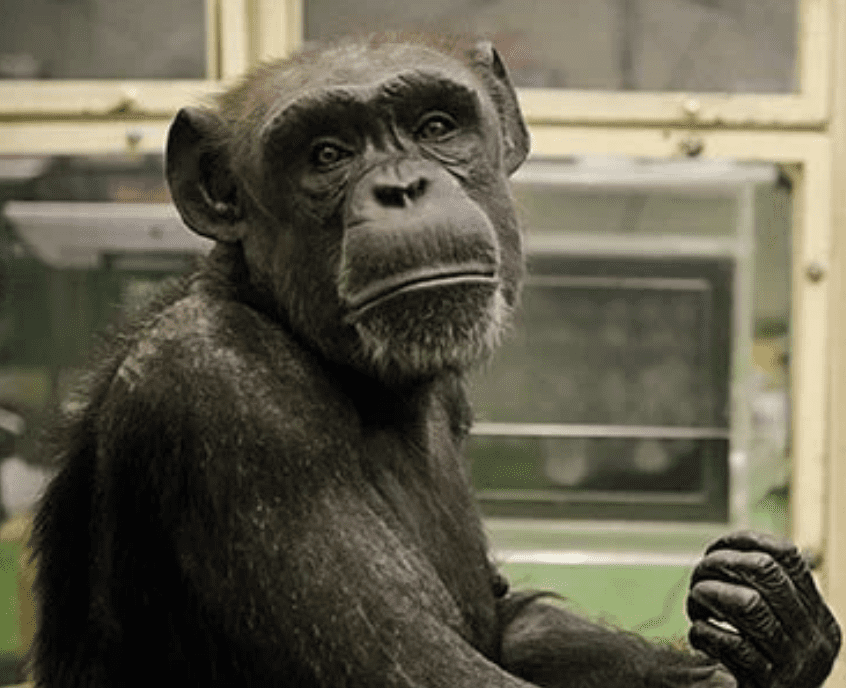
Peering into the Minds of Our Closest Relatives
Nonhuman Rights
In legal terms, a person possesses rights.
In the United everywhere else, it’s also synonymous with being could change.
Late in 2013, lawyers from the Nonhuman filed lawsuits on behalf of four captive chimpanzees have a right to be free, or at least kept in a sanctuary cages.
To the activists, personhood is about cognitive rather than taxonomic status.
They submitted affidavits from primatologists who testified to the tremendous intelligence of humanity’s closest living relative.
Judges have so far denied their requests, but if personhood is indeed rooted in thought, feeling, and free will, chimps are clearly people.
In 2017 the Nonhuman Rights Project also filed lawsuits on behalf of three former circus elephants.
Tetsuro Matsuzawa has spent 30 years studying our closest primate relative to better understand the human mind.
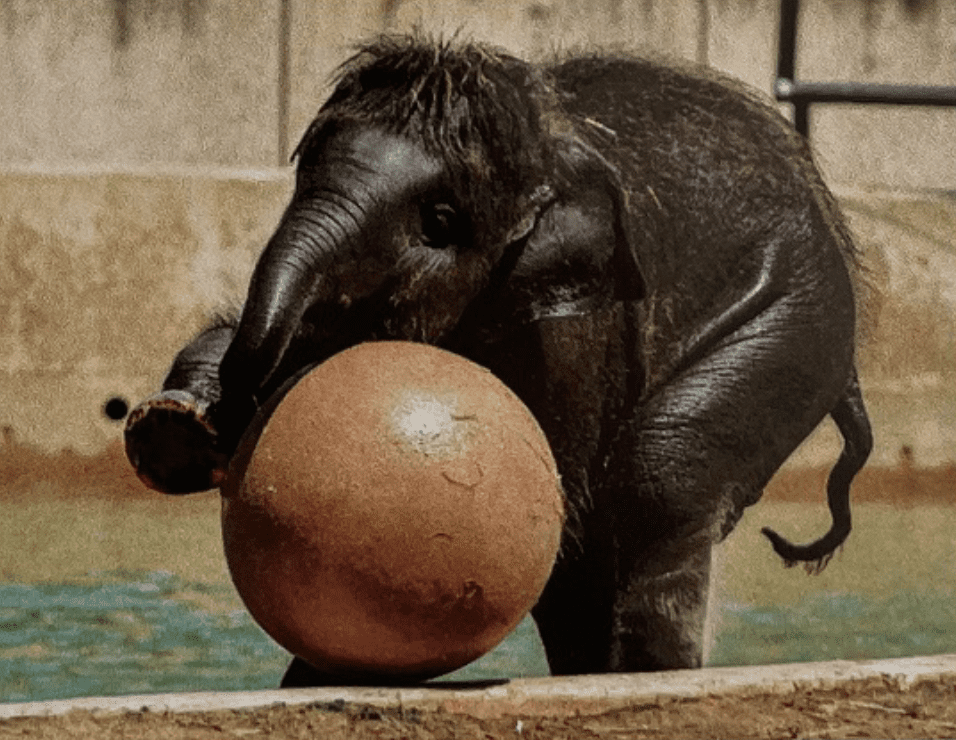
Elephant Innovation
When an Asian elephant named Kandula stepped on a plastic cube in order to reach food suspended just out of reach, it was clear evidence of insight.
He hadn’t been trained to or seen anyone else do this.
When the cube was gone, he stacked smaller objects on which to stand.
Kandula understood the physical principles involved.
Previous experiments with other elephants had failed to find such insight.
Rather than a stool, researchers provided sticks that elephants might grasp with their trunks and use to pull food down.
This seemed logical, but elephants also rely on their trunks for touch and smell; picking up a
of stick would interfere with that.
The tests just didn’t make sense to them.
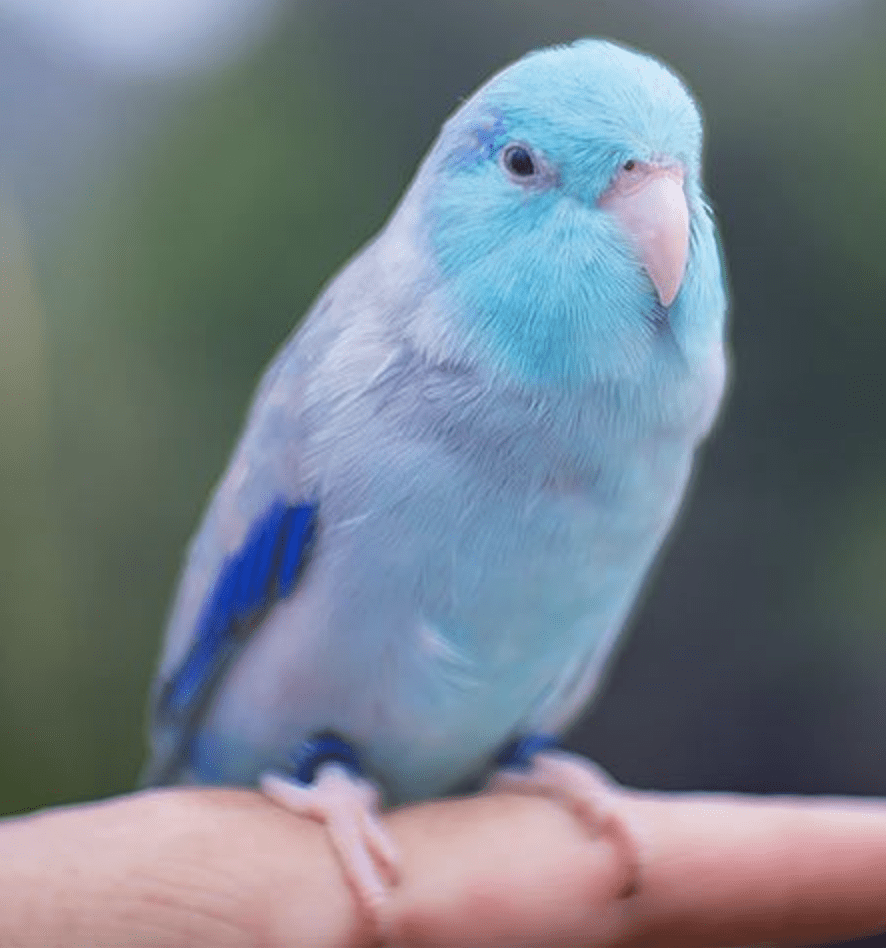
Parrot Names
Names are more than a distinctive sound that others learn to associate with us.
They’re a gift from our parents, bequeathed at birth and learned during childhood-and so too with green-rumped parrotlets, a smart and social species whose individually specific contact calls function like names.
To learn whether parrotlets were born making these calls or learned them from their parents, researchers in Venezuela equipped nest boxes with recording equipment, documenting in minute detail the parrotlets’ early lives.
They also swapped eggs between boxes; if their calls were inherited, chicks should make sounds resembling their biological parents rather than the calls made by parents assigned to them.
That wasn’t the case.
Parrotlets aren’t born with names; they receive them.
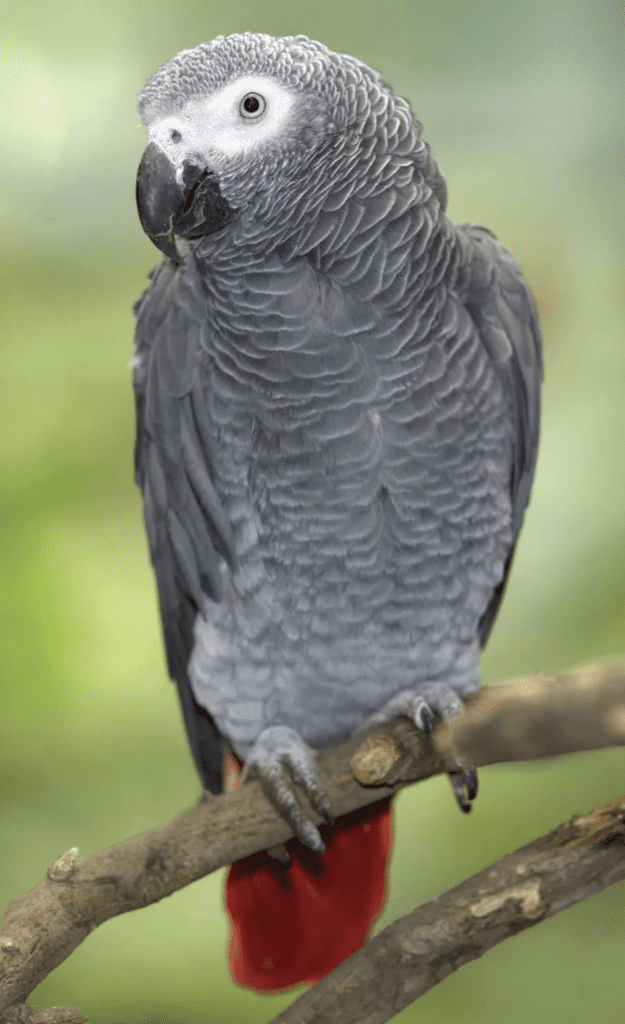
A Very Brainy Bird
In 1977, chemistry student Irene Pepperberg (b. 1949) purchased a year-old African gray parrot from a pet store.
Pepperberg became a psychologist, and the parrot, whom she named Alex, altered the course of science.
He learned more than 100 words and differentiated between shapes and colors.
He didn’t appear to mindlessly repeat what he heard but understood it.
Though other scientists were slow to accept Alex’s intelligence, he set a precedent for entertaining the possibility that birds-once largely dismissed as, well, bird-brained-could be quite smart.
Alex died in 2007.
His last words, delivered to Pepperberg, were: “You be good, see you tomorrow. I love you.”
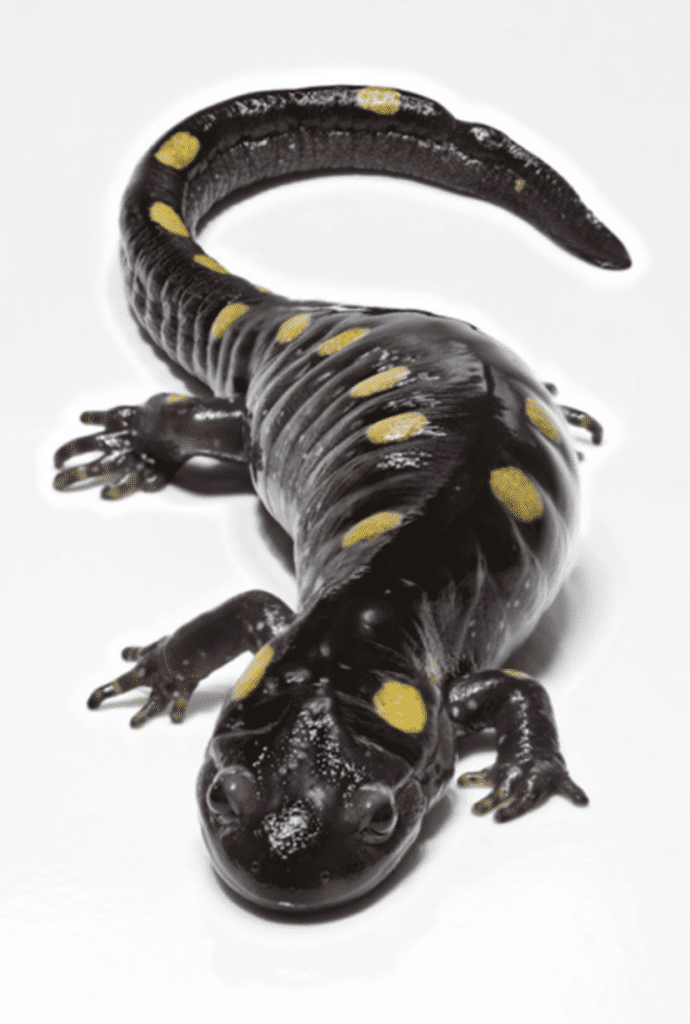
Salamander Counting
Answering the seemingly simple question of whether salamanders count requires considerable ingenuity.
To find out, researchers adapted a test usually given to human infants and monkeys.
They inserted tubes containing flies into the arms of a T-shaped tunnel that a salamander could explore.
If salamanders reliably nosed the tube with more flies-they couldn’t eat them but wanted to-they might be said to count.
Indeed they did, up to that telltale quantity of four.
But did they truly distinguish numbers?
Maybe they responded to the flies total surface area or their movements.
Future tests may tell us more.
Do Animals Think – Much of what’s so important in own lives-memories, emotions, relationships, the daily experience of making plans and solving problems is found all around us, and not just in obviously brainy creatures like chimpanzees or dolphins or crows, but even in songbirds and fish and insects.
Do Animals Think – Our experience of the world is far the richer for it.
Do Animals Think – We live in a world of minds.
Do Animals Think – Only some of them are human.
View More Funny Bernese Mountain Dog Videos >>
Feeding Bernese Mountain Dogs >>
Do Bernese Mountain Dogs Know Their Size >>
The Language Of Bernese Mountain Dogs >>
How Your Bernese Mountain Dog Communicate With You >>



